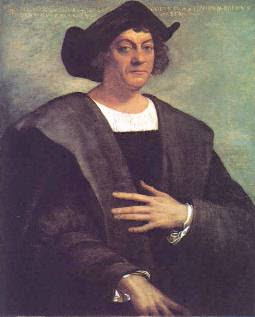Slave Ship (Star Wars: The Bounty Hunter Wars, Book 2) (audiobook) by K. W. Jeter

This is a prime example of the worst that can happen to a perfectly good sci-fi series. Published in 1998 by Random House Audio Read by Anthony Heald Duration: 2 hours, 58 minutes Abridged The action in Slave Ship takes place during Episode VI ( Return of the Jedi ) but includes plenty of flashbacks to right after Episode IV ( A New Hope ). To be fair to K.W. Jeter, it's not like he has a completely free hand to do what he would with these characters - there's an existing Star Wars timeline to deal with. However, that is not the entire problem with this book. It is repetitive and tedious - the audiobook presentation only enhances the repetitive nature of the text. I must have heard the phrases "Kuat of Kuat" and "Kuat Driveyards" a hundred times in a 10 minute period. Pronouns, anyone? So much conversation and so much of it repeating the same phrases over and over again. This book also hold the record for most uses of the word &quo




